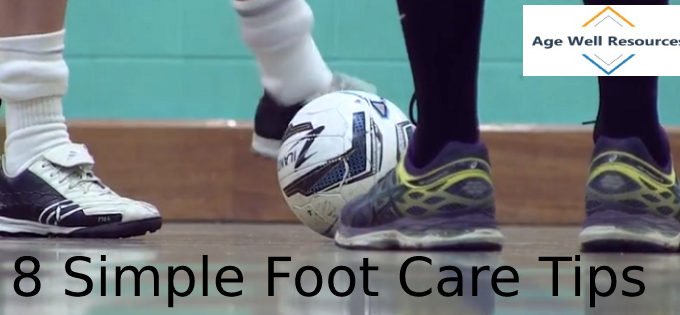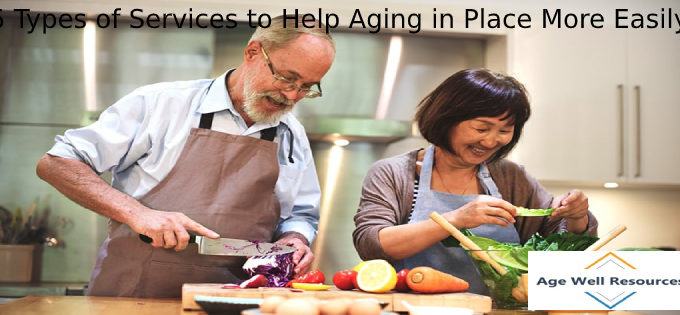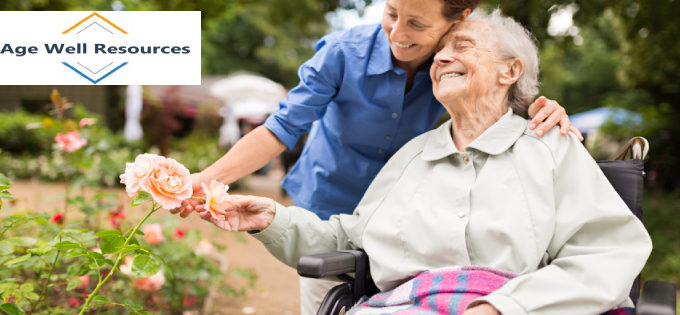
Cold Weather Safety Tips for Elderly
Feeling cold from time to time is inevitable during the cold weather, but being very cold can make you really sick. Older adults can lose body heat more swiftly than younger adults, but body changes associated with aging can make it more difficult for the elderly to be aware of getting cold. Exposure to very cold temperature can develop into hypothermia—a life-threatening issue for the elderly, even before they know what’s going on.
Hypothermia occurs when your body temperature drops below 95 degrees Fahrenheit or 35 degrees Celsius. Drop-in body temperature below normal can be very detrimental and can cause serious health issues like heart failure, liver damage, kidney problems, or worse can eventually lead to death.
Some signs of hypothermia are pale skin, swollen or puffy face, cold hands, and feet, shivering, clumsiness, slurred speech, sleepiness, confusion and memory loss. A big chill whether you are outside or even in a very cold house can lead to hypothermia, thus staying away from cold places and paying attention to how cold it is where you are is a must.
Here are cold weather tips for the elderly to help prevent hypothermia.
- Keep them warm inside.
Staying in a house, apartment or building without adequate heating system can lead to hypothermia. Thus, if your elderly loved ones are living independently in their home or in an assisted living community, make sure to keep their room/house warm and their clothing appropriate for the cold weather to keep them warm inside all day long. Here are some tips to keep warm inside.
- Although your senior loved ones are just staying in the house, let them dress warmly during cold days. Beanies, shawl, scarf, gloves, mittens, and socks can help them keep warm. You can buy them socks specially designed for elderly with super grips at sole of socks that can prevent falling or losing balance on slick surfaces such as wood floors or tile floors.
- While they prefer to stay and relax at home during a cold day, a throw blanket is perfect to snuggle up with their favorite book or a hot cup of tea or chocolate.
- Make sure that their room or home is well insulated and their heating system is working properly. Keep blinds and curtains closed to make sure it isn’t losing heat through windows.
- When going to sleep, make sure they wear long underwear under their pajamas, sweatshirts, a cap and use extra covers. You can also drape an ultra-soft throw blanket over a bedspread to add warmth, comfort, and style to their bedroom and to promote a good night’s sleep.
- Check on the elderly on cold weather from time to time to ensure their safety and comfort.
- Bundle Up on Chilly and Windy Days
Check the weather forecast for windy and cold days, because a heavy wind can cause a rapid drop in body temperature. So, as much as possible stay at home, but if they need to go out for some reasons, below are some tips to keep them warm.
- If your elderly loved ones have to go out on chilly and windy days, encourage them to wear more layers such as ultra-light down coats, vests, jackets, parka, sweatshirts, thermal underwear and a waterproof coat or jacket to keep the elderly warm in the cold season.
- To provide extra warmth, cover their head, neck and other extremities with a hat, shawl, scarf, gloves or mittens, and socks with arch support for a secure fit.
- If they get a damp or wet chill, let them change clothes immediately.
- Order medical alarms for them so they can get help immediately in case of untoward incidents. Remember, the elderly are more at risk on cold weather, so providing them alert device will give you peace of mind.
Not enough protection and shield from freezing temperatures is an evident cause of hypothermia, thus it is extremely important to look after the elderly in cold weather and ensure to keep them warm and comfortable — elderly are less able to cope with extreme









